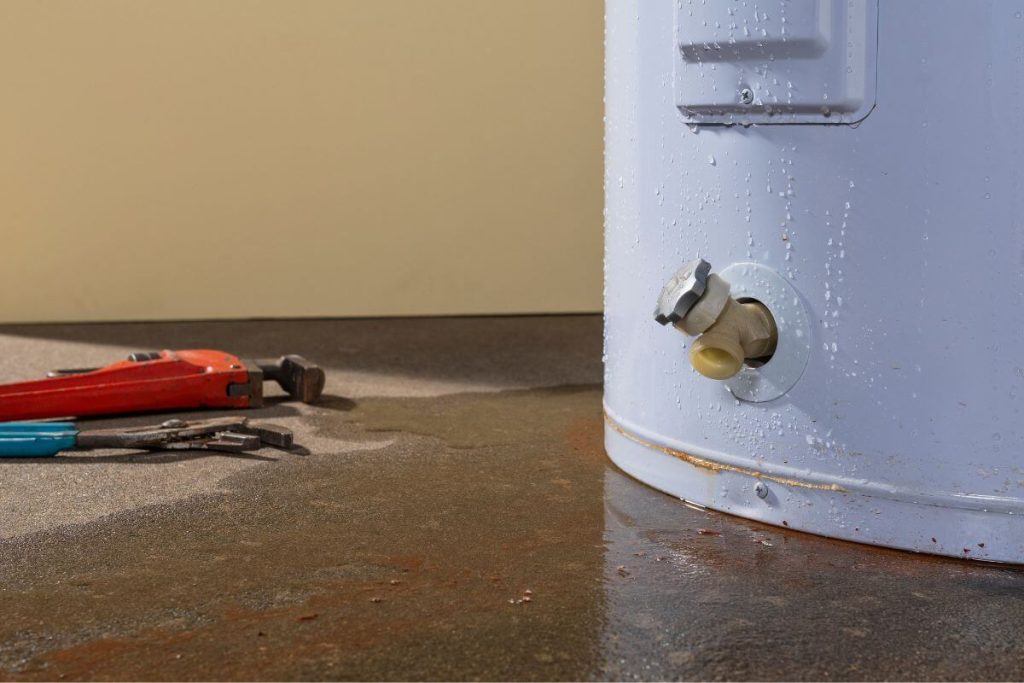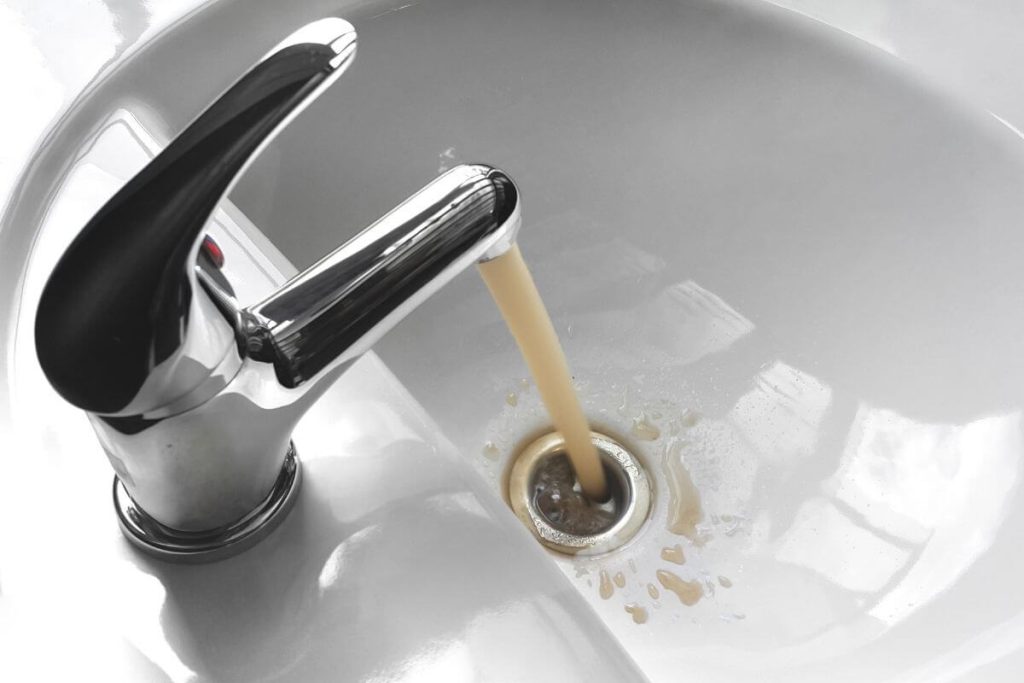When we invest in hot water systems, we expect them to provide reliable service for years to come, especially considering the price we pay. It’s a lasting companion rather than a mere appliance. Understanding the signs of decline becomes essential. We anticipate reliability with such an investment so when issues arise with the system, it’s not only frustrating and inconvenient – it may require very expensive repairs. Due to their complexities, and the sheer variety of hot water systems on the market, there can be any number of issues that can arise.
These three common signs are ones we recommend you look out for.
1. Reduced hot water supply
A sudden reduction in your hot water supply can be an early indication of underlying issues with the system. From hot water running out quicker than usual, to your tank not producing the volume it used to, these issues can suggest that the system’s heating element isn’t functioning as it should. Over time, mineral deposits can settle in the tank and impact the efficiency of the heating element. If picked up early through regular maintenance, flushing the tank can reduce/remove sediment build-up, prolonging the lifespan of your hot water system.
2. Leaks or corrosion
Leaks or corrosion around the base of your hot water system (or even closer to the fittings) can signify a range of potential issues. Rusty or discoloured water, regular drips, and even strange noises can be due to a failure of any one of the tank’s components. Whether it be a valve or a seal, you’ll not only be dealing with significant water wastage over time and potential damage to surrounding areas but also corrosion to the tank structure increasing the risk of damage.
3. Sudden and unexpected hot water system failure
Unfortunately, sometimes a hot water tank can fail suddenly and unexpectedly without any warning. This often occurs in older systems or those with significant internal wear and tear that’s either gone unnoticed or has been overlooked. To mitigate the risk of sudden failure, keep note of your hot water system’s age and consider replacing it proactively if it’s nearing the end of its expected lifespan. Regular maintenance and inspections can go a long way to extending the lifespan of your hot water system by identifying potential issues before they lead to complete failure.
What Next?
If you’ve noticed any of the above signs, it’s time to call in the hot water system professionals! Salmon Plumbing can promptly assist with any urgent repairs, and if necessary, install a new hot water system. Our experienced team can help you choose the best system for your household needs and your budget.
TIP! Don’t forget to check your system’s warranty coverage to determine if repairs or replacements are covered under the manufacturer’s warranty. This can potentially save a lot of money.
Once your concerns are cleared up, consider setting up a regular hot water system maintenance plan with a qualified Salmon Plumbing technician to help identify and address issues early, and enjoy an uninterrupted hot water supply just like you expect!



